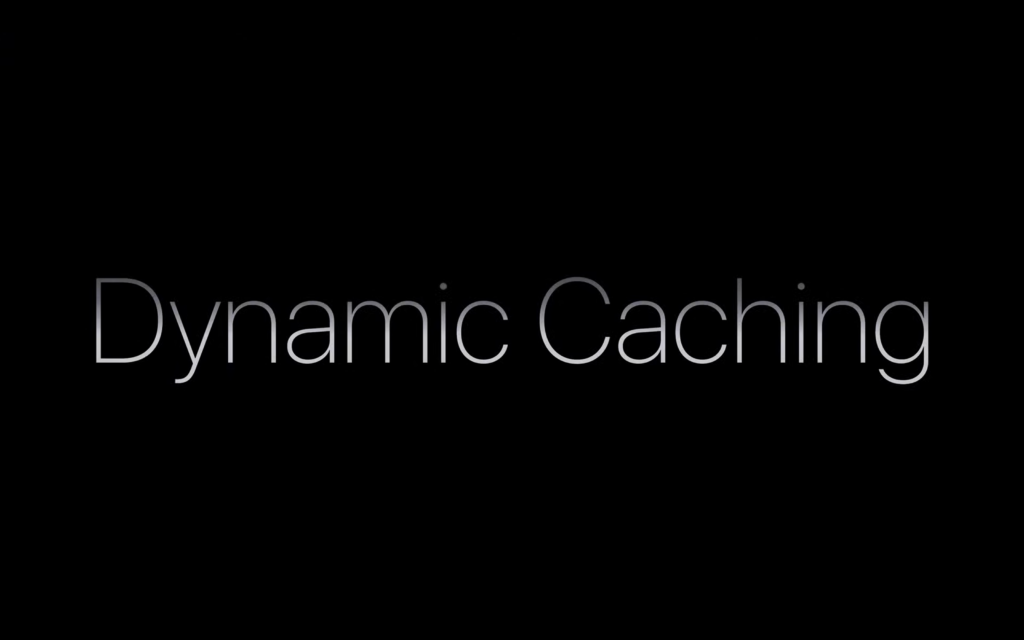
M3 delivers insane graphics performance upgrades. Here’s the skinny on one of the headline difference makers – Dynamic Caching.
Apple’s M3 announcement delivered an absolute bounty for graphics enthusiasts, with the company promising by far the strongest GPU performance ever seen on a Mac.
Models running the M3, M3 Pro and M3 Max – primarily the new MacBook Pro M3 – will benefit from high-end gaming features like hardware-based ray-tracing and mesh shading. Those en-vogue features will be familiar to many and a big part of what Apple calls “the largest leap forward in graphics architecture ever for Apple Silicon”
However, Apple included a third standout feature called Dynamic Caching, which also piqued our interest. So what is Dynamic Caching on the M3 chips? And how will it benefit owners of M3-based Mac models? Let’s take a closer look.
What is Dynamic Caching?
Apple says that, unlike traditional GPU chips, the M3 uses Dynamic Caching to “allocate the use of local memory in real time.”
Why is this significant? Well because, Apple says, this can ensure the precise amount of memory required is spent on that particular task. That means none is going to waste.
Apple says this is an industry first and calls it the “cornerstone of the new GPU architecture” pioneered by the M3-series chips.
Apple says the feature is completely transparent to developers and “dramatically increases the average utilisation of the GPU.” The result is significant performance bumps when using the most intense apps and games.
Is Dynamic Caching on all M3 chips?
Yes, Apple isn’t keeping this headline feature back for the higher-end M3 chips. It’ll be available on all machines running the M3, M3 Pro and M3 Max processors. Naturally, the more upmarket you go with the chip, the better those graphical performance gains will be. We’re looking forward to seeing how this works in the real world.

